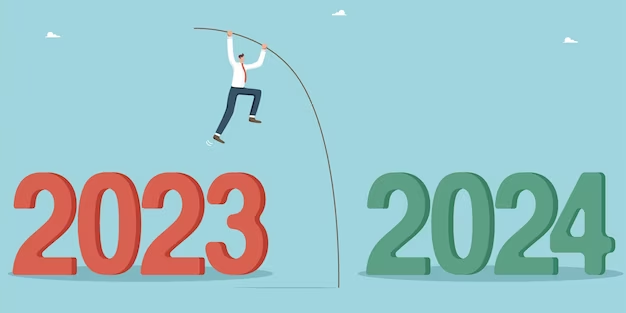.entrepreneurship1 December 17:00
0<
Navigate the Future of Work: Key Workplace Trends for 2024
/>Discover the top workplace trends for 2024 and how they will impact organizations and individuals. From remote work evolution to embracing flexibility, equity and inclusion, and the rise of generative AI, prepare for the future of work with these insights. be updated on the latest tech newsGet exclusive news updates and overview on tech market




